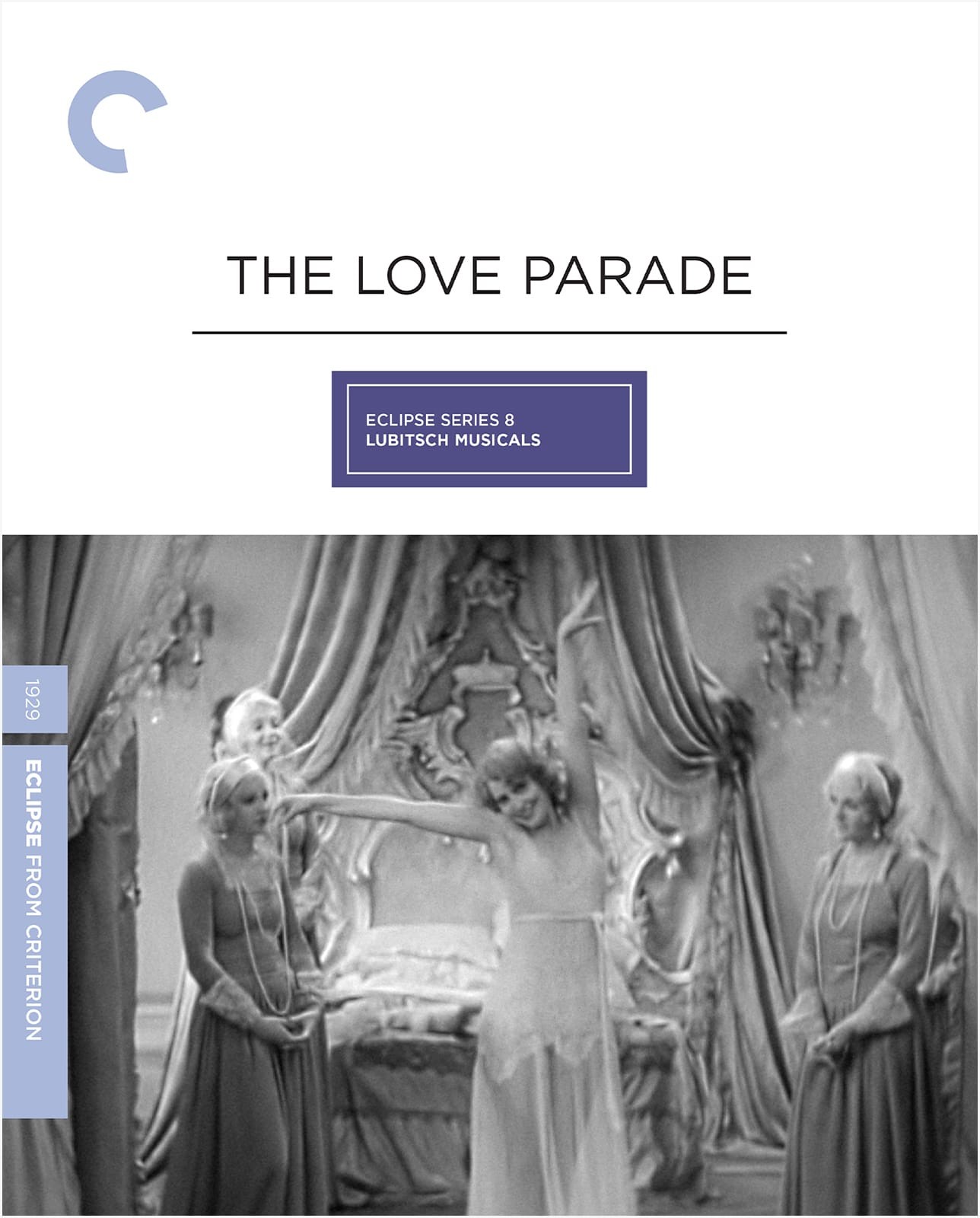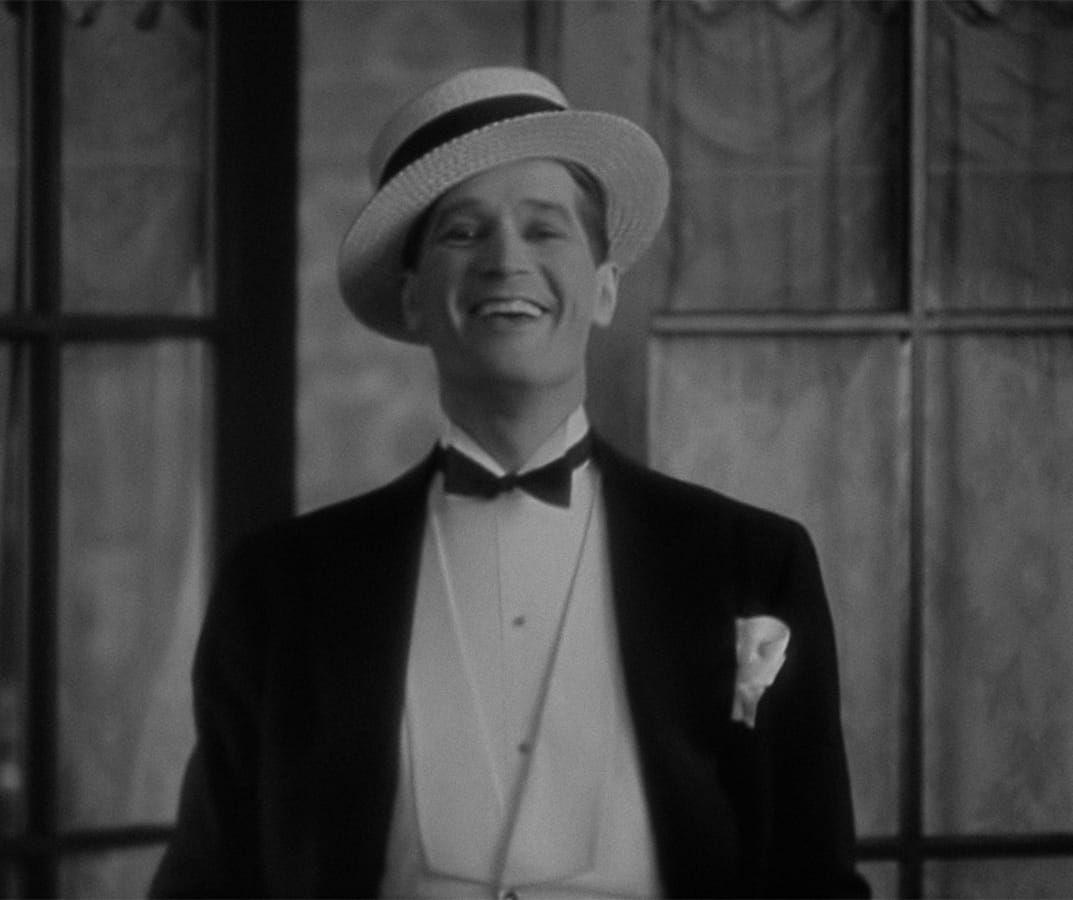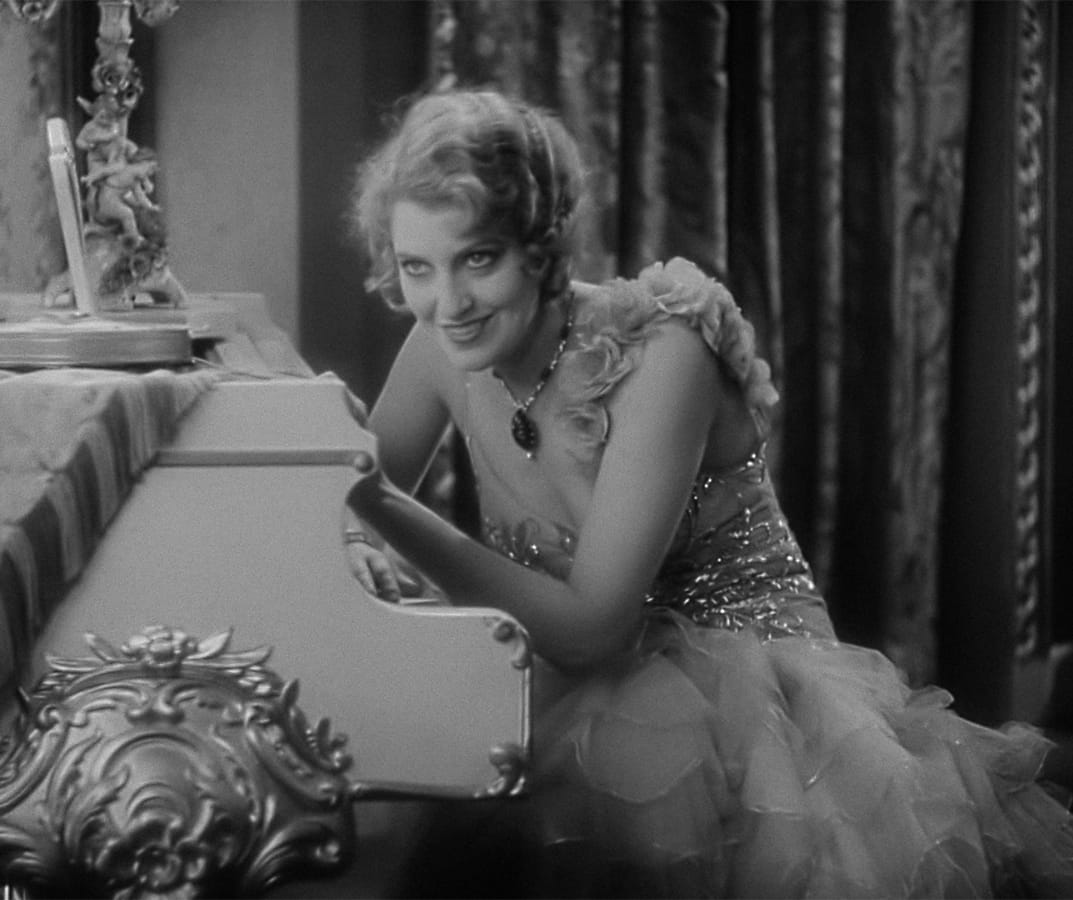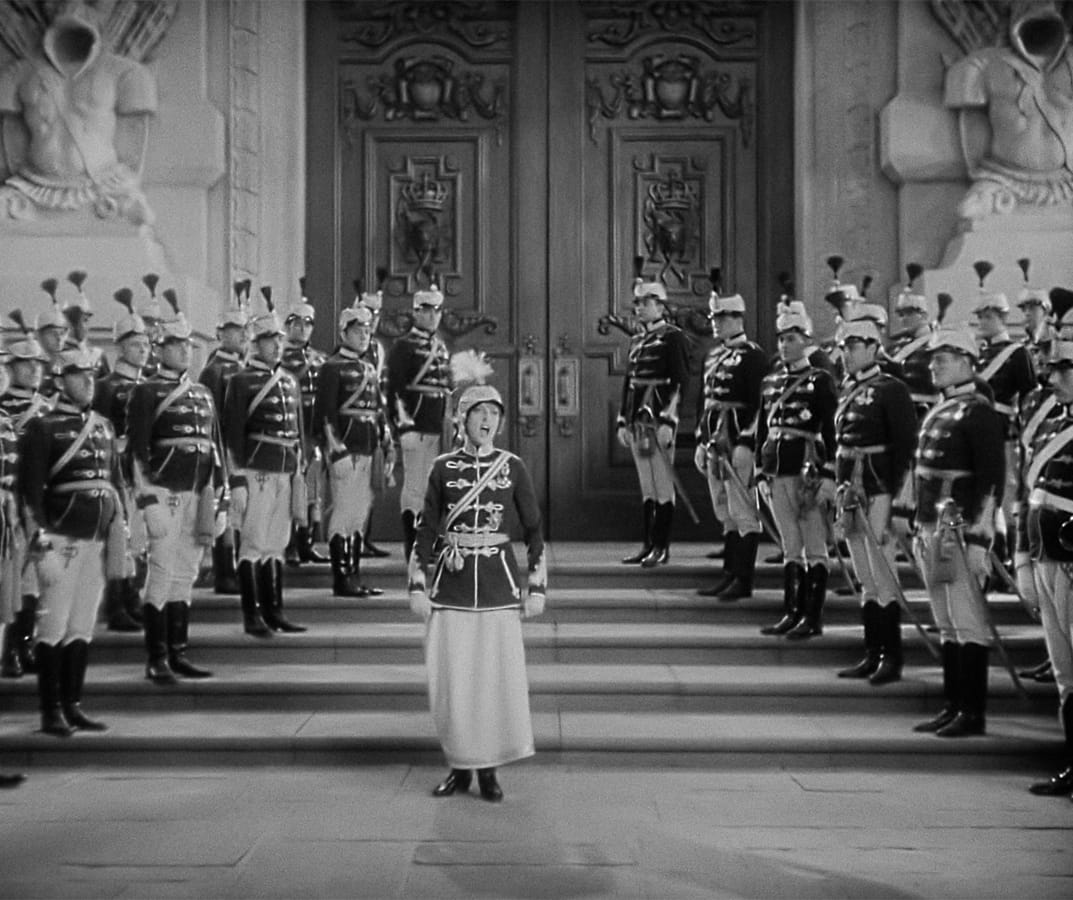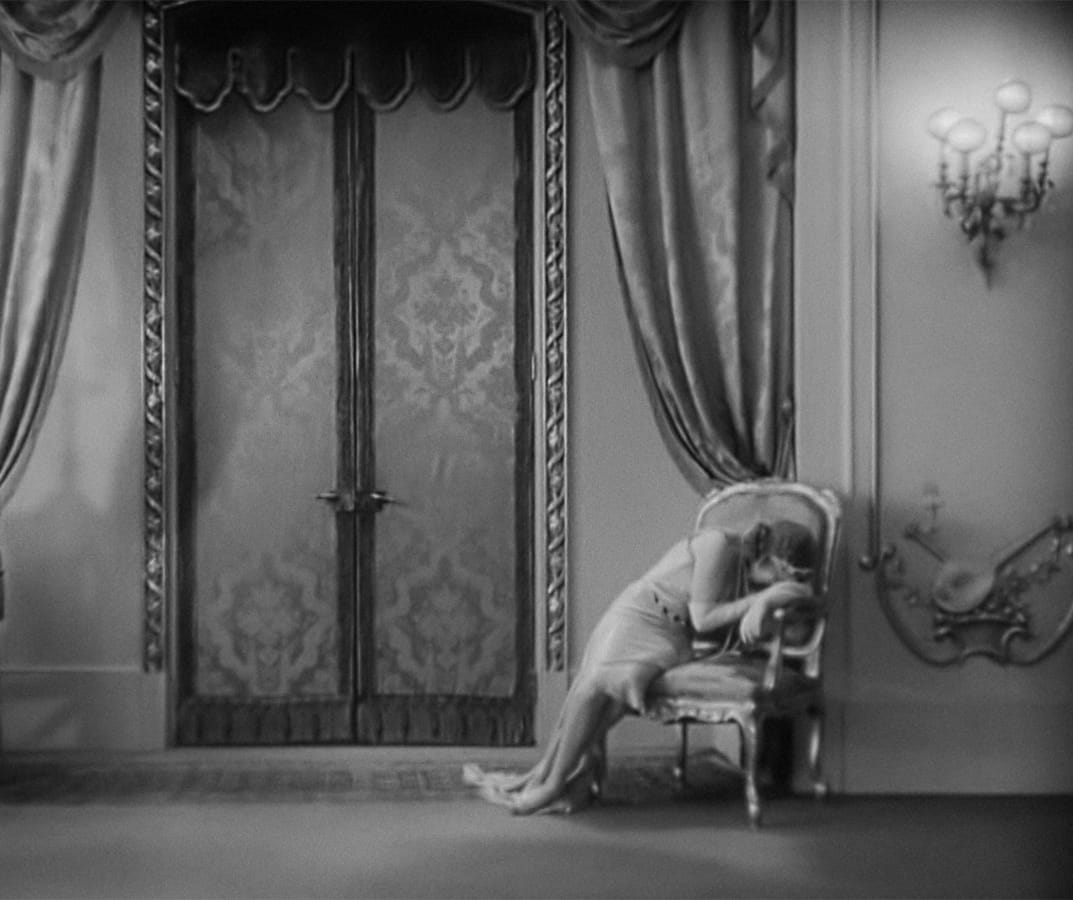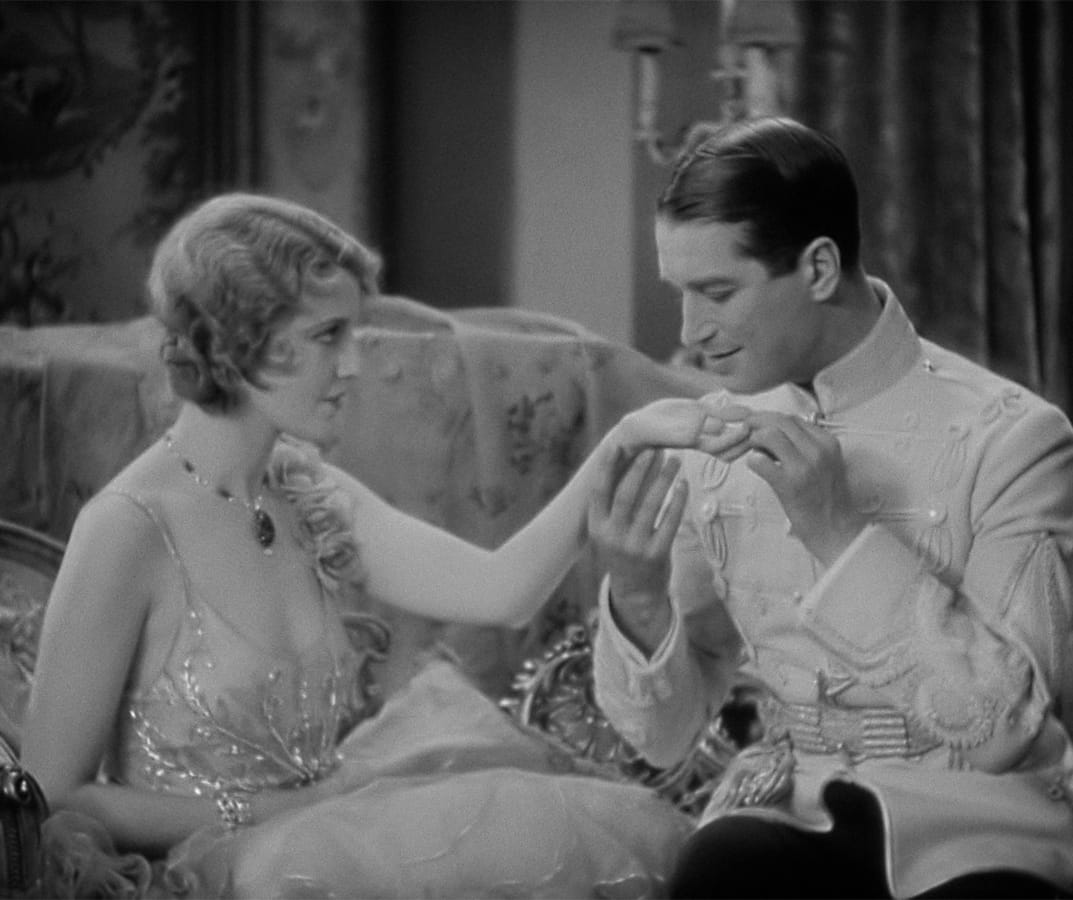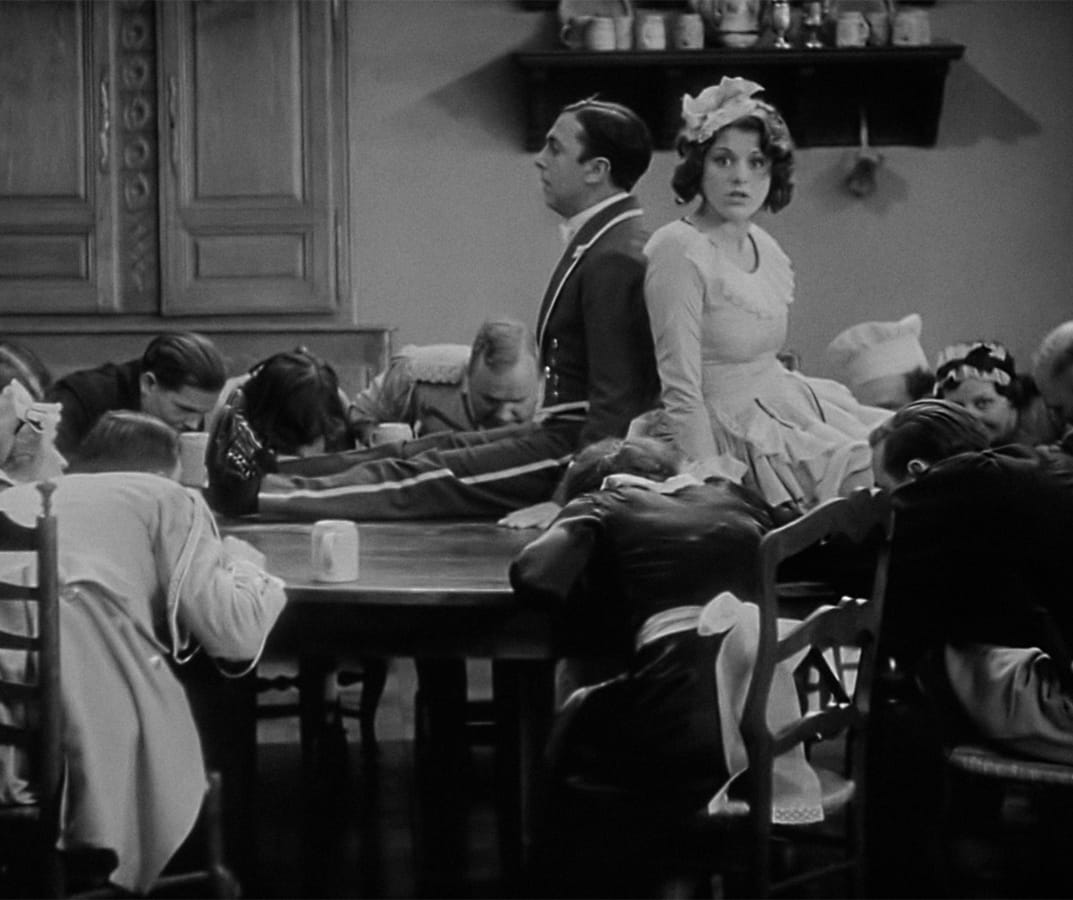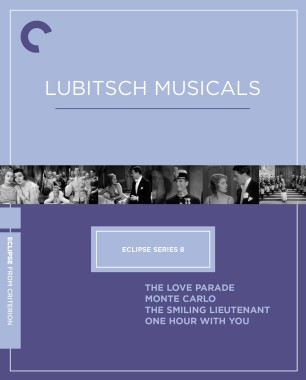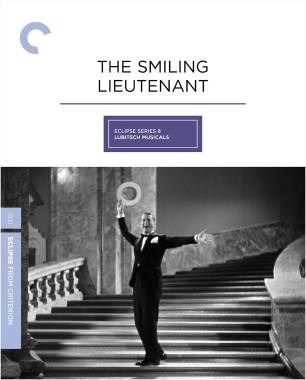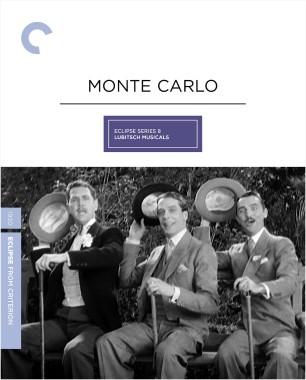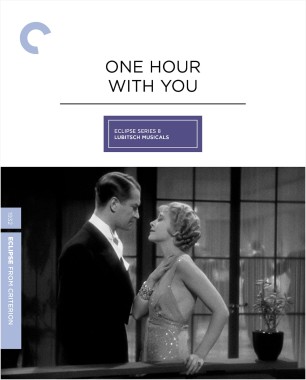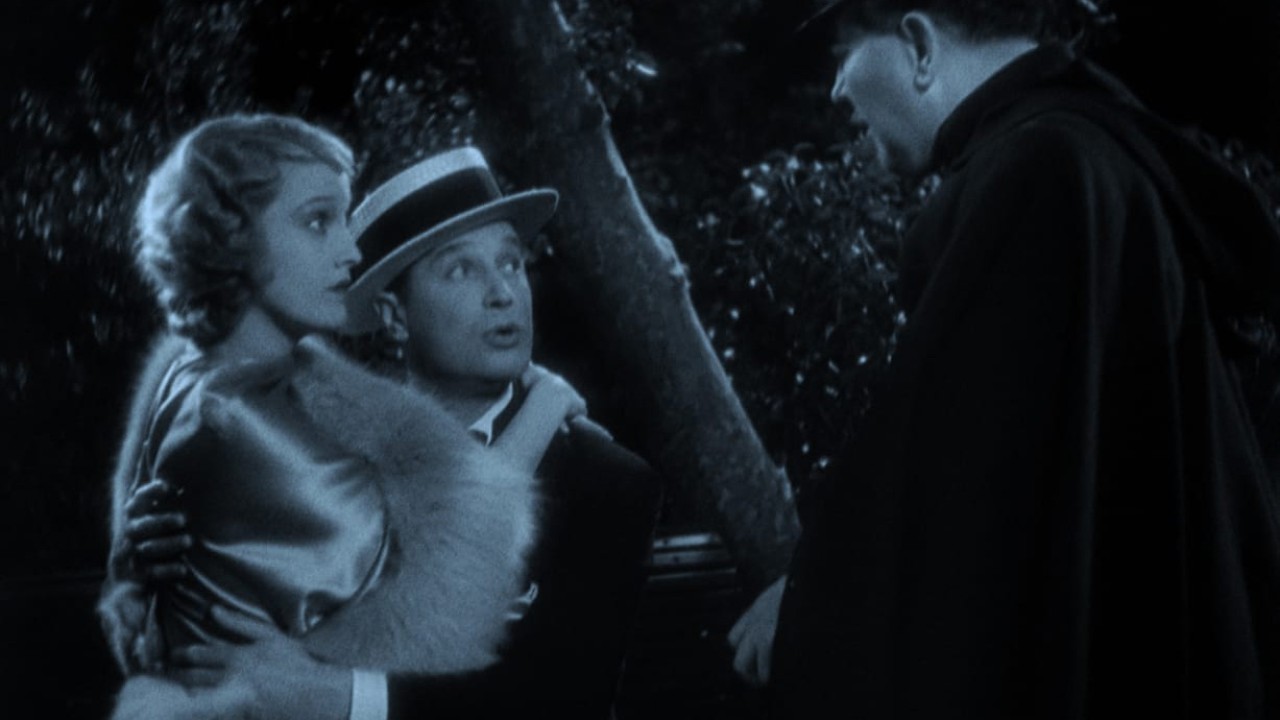It’s difficult to put into words exactly what is meant by “the Lubitsch touch.” It alludes to the director’s delicate hand, effervescent humor, and economy with words and images. The ineffable style the term attempts to capture was with Lubitsch from his cinematic beginnings in Berlin to his early days in the American studio system and his final years as a Hollywood stalwart. Born January 28, 1892, in Berlin, this clothing manufacturer’s son left the family firm for a life in show business. After starting out as a performer in Max Reinhardt’s fabled theater company, Lubitsch went on to star in silent slapsticks for Berlin’s Bioscop film studio (he became well-known as the comic character Meyer), eventually writing and directing his own movies and becoming part of the legendary UFA studio. The international success of some of those films, such as Carmen (1918) and Madame du Barry (1919), led American film superstar Mary Pickford to invite him to Hollywood. On the basis of movies like The Marriage Circle (1924) and Lady Windermere’s Fan (1925), Lubitsch earned a reputation in America as a hit-maker, and unlike many of his peers, he took to the transition to sound like a duck to water, pioneering the narrative movie musical with such Maurice Chevalier vehicles as The Love Parade (1929) and The Smiling Lieutenant (1931), in which he indulged his fondness for Viennese operettas. An adept of sparkling dialogue and naughty innuendo, Lubitsch flourished particularly in the pre-Hays-code Hollywood era—his continental romantic comedies and fanciful period pieces were flush with sexual repartee; such glittering confections as Trouble in Paradise (1932), Design for Living (1933), and The Merry Widow (1934) were perfect escapes for the beleaguered audiences of the Great Depression. So great was Lubitsch’s success that in 1935 he was named head of production at Paramount, though he held that position for only one year. He would continue to craft more studio smashes, however, for MGM and 20th Century-Fox, many of which are still beloved today, including Ninotchka (1939), To Be or Not to Be (1942), and Heaven Can Wait (1943). Early in 1947, shortly before his death from a heart attack, Lubitsch was awarded a lifetime achievement Oscar, recognizing his “twenty-five-year contribution to motion pictures.”
